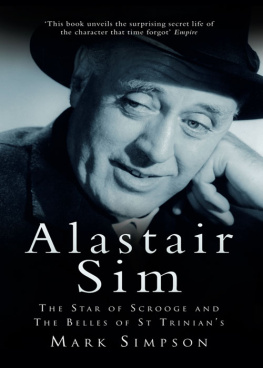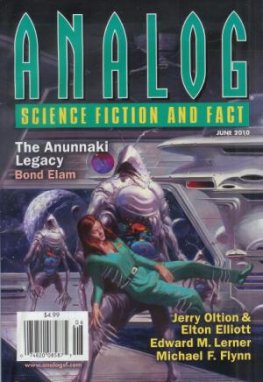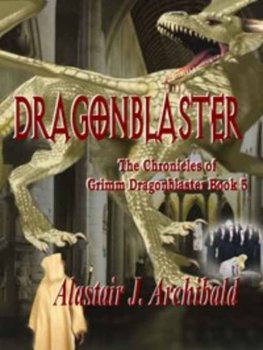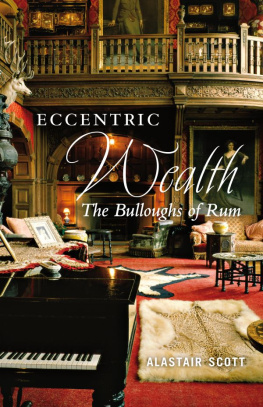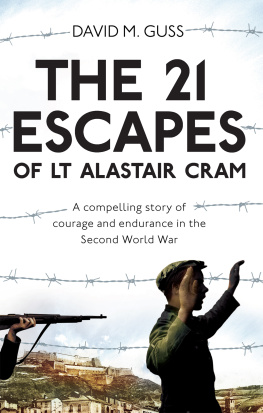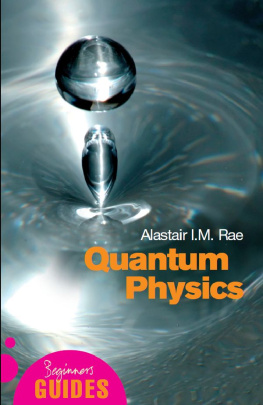This book is dedicated to the memory of Christopher Quinton (19622005)
Contents
Alastair Sim One of the most reserved, most enigmatic actors in British pictures.
Kenneth Tynan, the famous theatre critic, once described an Alastair Sim performance as that of a tentative pantomime dame standing in for Tommy Cooper. and extremely vulnerable to ridicule.
For a man whose screen persona was often that of an affable eccentric, little is known about his private life. He loathed the trappings associated with showbusiness, was keen to avoid publicity at all costs and would give no consideration to an autobiography. Alastair gave few interviews: Down at Nettlefold studios they call Alastair Sim the uninterviewable This has evidently been the case to date for little of any substance has ever been written about him. Let us put that right.
Alastair Sim was a fascinating man who successfully combined the skills of actor, director and producer at a time when such multi-talented individuals were few and far between. Early film success came in the 1930s but it wasnt until the 1950s that the producer/director partnership of Frank Launder and Sidney Gilliat began to make clever use of his idiosyncratic mannerisms in a brand of humour that was quintessentially British. Films such as The Happiest Days of your Life (1950), Laughter in Paradise (1951) and The Belles of St Trinians (1954) are testament to this fact. Alastairs screen character would typically find itself in a delightfully topsy-turvy scenario, whether as a headmaster defending his boys from the invasion of a girls school, or a respectable man of society trying to get arrested in order to meet the demands of a vindictive relatives will. As the plot unfolded, his lugubrious face a face seemingly designed for the sole purpose of comedy would maintain an expression of utter bewilderment as fate continually dealt him one cruel blow after another; his voice, a lilting, beguiling, Scottish dialect, would argue pitifully for reason in this, the most unreasonable of worlds.
War-hardened cinema audiences, looking for light escapism, fell in love with this eccentric British underdog who bore no malice towards his fellow man no matter what indignity was thrust upon him. The character was so in tune with the times, finding a natural empathy with those who had suffered during the Blitz but who were now looking expectantly towards a bright and happy future. Even though this dates the films of this period they still resonate with concerns of modern times. Authority today still has the ability to exercise its power from behind a large desk, still favours pomposity and self-importance, and still has the tenacity and temperament of a bad-tempered patriarch. All of which, crucially, make it vulnerable to the vagaries of fate.
His screen acting career came to a temporary halt in the late 1950s when whimsical light-hearted comedy was blatantly exposed as superficial nonsense next to the harsh realism of the kitchen-sink dramas. The affable eccentric became redundant, or rather a character to be mocked and despised; a senile degenerate rather than a mildly likeable buffoon. Times had moved on, leaving the cosseted England of the early 1950s as a fading memory.
Ridicule was heaped upon embarrassment as Alastairs screen decline was accompanied by an unsuccessful attempt to sue Heinz over a baked beans commercial. What was he thinking? Alastair, previously the saviour of movies, winner of awards, the high idealist amongst men, became the butt of jokes. Once-adoring critics now acquainted us with a different story: his personality had dominated films and overshadowed the contributions of fellow actors; he was a difficult and demanding director; his acting style was too repetitive and clichd. One could deny it all of course, but unfortunately there was some truth in these criticisms, and therefore they hurt all the more. Almost a decade passed by during which little was accomplished. Then a glorious return ensued as Alastair achieved considerable success on stage at Chichester in the late 1960s and 70s.
The reader may be familiar with the account of Alastairs life so far, but there is so much more to discover about him.
Whereas film in its celluloid format acquires eternal life, performances on stage are ephemeral; articles are written and photographs taken, but the memories of those who bought their tickets and sat in the stalls are fleeting. Therefore of particular interest to the uninitiated will be Alastairs stage career. Would anybody believe that Alastairs original intention was to succeed as a serious actor, preferably in verse drama? Only after the threat of being typecast as a villain (along, it has to be said, with some sensible advice) did he finally don the mantle of a clown. Even so, the clowning took a form that was quick, easy and lacking in subtlety, and so soon became known as manic comedy on both stage and screen. The laughs flowed easily but often from poor quality productions that begged for a change in direction. Luckily fate intervened to put him back on the right course.
In 1938 Alastair met the Scottish playwright James Bridie. Here was a man after his own heart, dedicated to an examination of the essential qualities of the Scottish man. Bridie presented his ideas in intelligent plays, the dialogue of which appeared natural and appealing at least to those north of the border. Alastair formed an immediate friendship with Bridie and together they shared huge critical and popular success in the London West End with Mr Gillie, Mr Bolfry and Dr Angelus. But how many people have heard of these plays today?
Perhaps most intriguing of all is Alastairs reticence. He was once reported as saying, All the public need to know about me, is what they see. poses some serious questions.
It has been suggested that Naomi was of that rare breed a soul partner to Alastair. She took responsibility for their home and cared for their daughter, Merlith, while also undertaking the role of trusted critic. She acted as a temporary surrogate mother to a succession of aspiring young actors and actresses whom Alastair would invite to stay over at their family home. Sometimes these were damaged people seeking refuge and at other times youngsters with a raw talent for the stage that Alastair felt he could help nurture. George Cole was the first and best known of these actors. And yet, even this act of altruism was viewed with suspicion from some quarters, even implying that the relationship was not an entirely healthy one. However, his friends regarded such accusations as nonsense. Alastair was someone who wore his heart on his sleeve, and in so doing, made himself vulnerable to all sorts of allegations.
One must always seek balance and it is worth referring to George Cole who once said of Alastair, he was a deeply caring person about everything. It was a hypocritical statement in some respects and indeed even his friends sometimes frowned on Alastairs steadfast adherence to gauche values.
And what of those questioning his motives behind his drag performance as Miss Fritton, the headmistress in The Belles of St Trinians (1954). Was he a little bit the other way? as was suggested by some or simply following in the long-established and common British tradition of theatrical cross-dressing?
In this biography, Alastairs thoughts emerge through his rare interviews, his speeches, and correspondence many letters of which have only recently been made available to the general public. To this I have added the recollections of actors, actresses, stagehands, writers, directors and producers who worked with Alastair and from those who were invited into the closely guarded citadel that was the family home Forrigan. For example, Geoffrey Jowitt and Larry Barnes recall their time as teenage actors with Alastair in his first two seasons of
Next page
